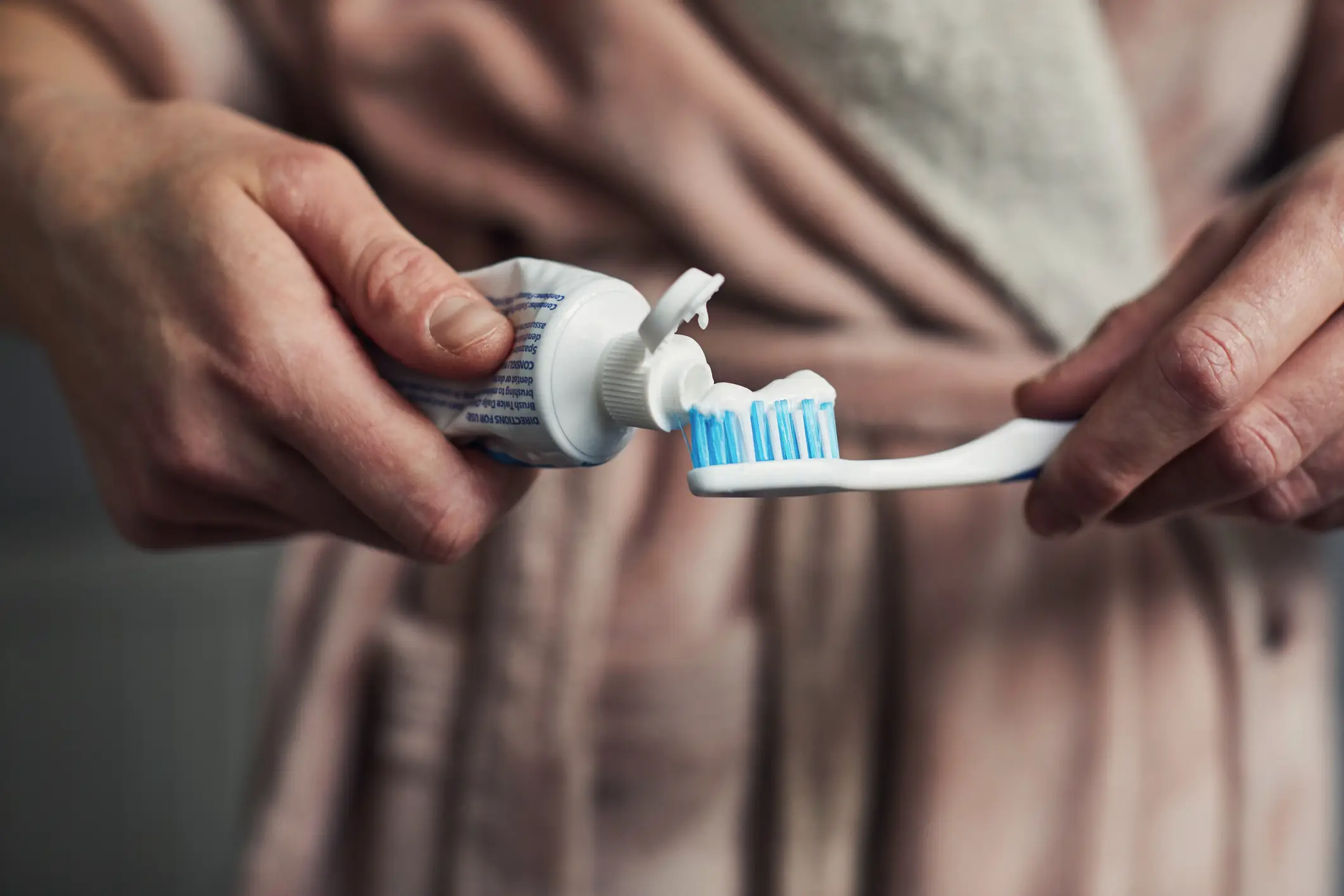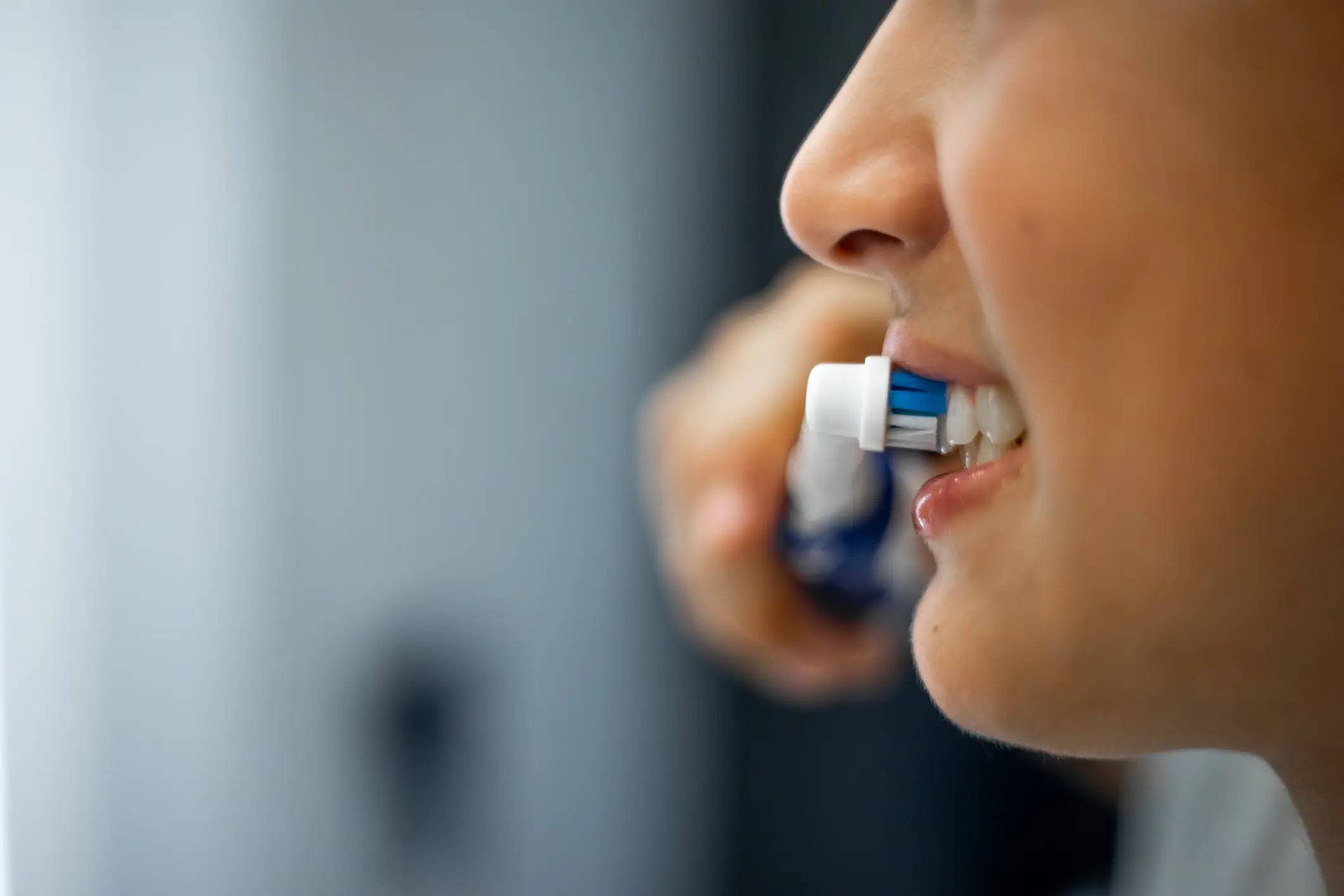


There are understandably going to be dangers in pretty much everything that we do in our lives, yet something that you thought was beneficial for your health could actually end up being hazardous according to key new research.
Eating unhealthy food has been speculated as more dangerous than tobacco by some doctors, and heavy drinking could put the brains of millions of Americans at risk if not taken seriously.
There are even clear risks of using something as simple as your phone, as you can open yourself up to issues surrounding your memory and even sleep disorders by scrolling too much every day.
There's a strong likelihood that you already know about all these risks though, and it's something many people are willing to put up with as a part of daily life, but new research has revealed that a key part of everyone's daily routine could indeed put our health in jeopardy.
Advert
As reported by The Guardian, it has been revealed that many of the most popular toothpaste brands contain dangerous metals such as lead, arsenic, mercury, and cadmium.

In total, 51 different brands were tested, and over 90% included traces of lead, with 65% containing arsenic, just under 50% containing mercury, and 33% containing cadmum, with many including a combination of the four alongside each other.
Among those tested, signficant brands such as Crest, Sensodyne, Tom's of Maine, Dr Bronner's, Davids, and Dr Jen all contianed elements of the different toxins listed above, and none have outlined plans to eliminate them from their toothpastes when in conversastion with Lead Safe Mama, the group that led the push for research.
Tamara Rubin, founder of Lead Safe Mama declared that the findings were "unconscionable - especially in 2025," adding that "what's really interesting to me is that no one though this was a concern."
Currently, levels of the toxins - particularly lead - found in the toothpastes are below the federal limits, but are in breach of limits outlined in Washington state.
The FDA outline that the limit for lead in fluoride-free toothpaste is currently 10,000 parts-per-billion (ppb), whereas its increased to 20,000 ppb for toothpastes that contain fluoride.
Washington, for comparison, recently lowered these limits to 1,000 ppb, but have given companies a grace period to get their products in line with the new regulation.

Congress is currently attempting to pass the Baby Food Safety Act of 2024, which would limit lead counts in children's food to just 10 ppb, but this currently does not contain or apply to toothpaste, and thus concerns would continue.
Concerns surrounding lead center around the damage it can do to the human body - particularly when it comes to children. It's understood to cause cognative damage, kidney harm, and even lead to heart disease, and that's why its presence within toothpaste has raised alarms for many.
Dental health experts have also indicated their worries surrounding the cognitive harm caused by fluoride in water and toothpaste, so it appears as if the health benefits of brushing your teeth twice a day seemingly also come with a number of concerns.